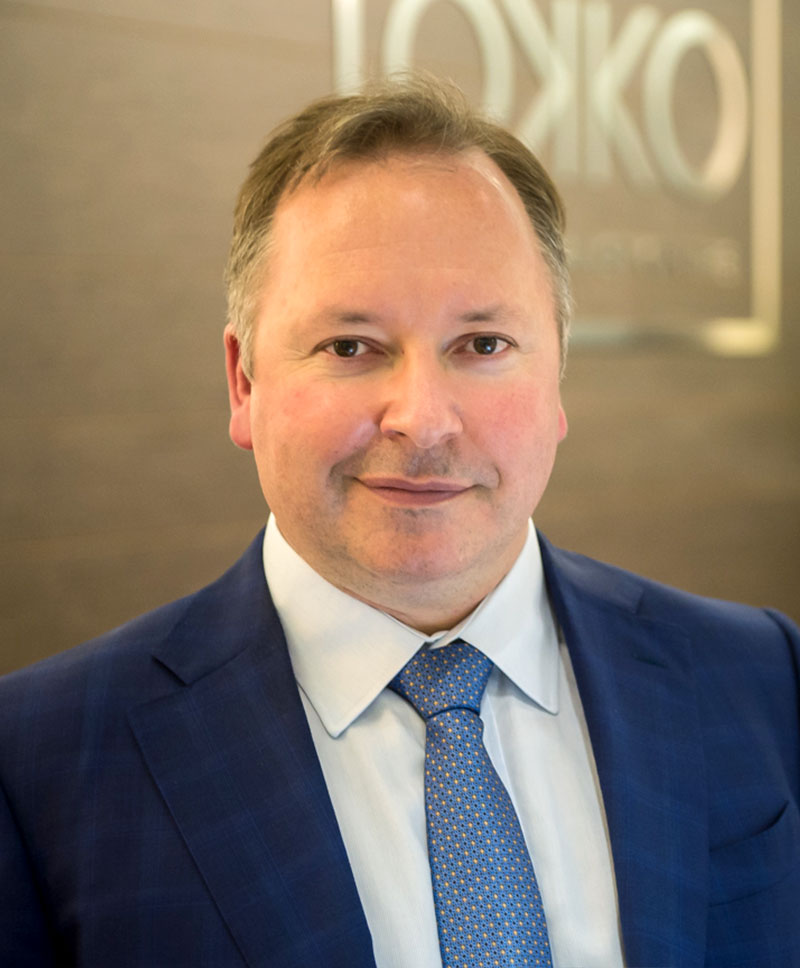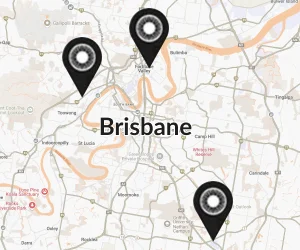
PRK surgery for military personnel: What you need to know
For those serving or planning to enlist in the military, good vision is essential. PRK (Photorefractive Keratectomy) is a widely accepted laser vision correction procedure for service members, offering long-term visual stability without the risks associated with corneal flaps1https://pubmed.ncbi.nlm.nih.gov/31830293/.
Is PRK approved for active duty in Australia?
Yes, PRK is commonly approved for military personnel2https://www.smh.com.au/national/laser-surgery-for-our-sas-troops-fighting-terrorism-20041226-gdkdt1.html. Unlike LASIK, PRK does not involve creating a corneal flap, making it a preferred option for those in physically demanding roles, such as pilots and special forces. Many military branches favour PRK due to its long-term stability and minimal risk of flap complications.
PRK vs. LASIK: Which is better for the military?
Both procedures offer excellent vision correction, but PRK is often the preferred choice for military service because:
- No corneal flap: PRK eliminates the risk of flap dislodgement, which is a concern in high-impact activities
- Stable long-term results: PRK is known for its long-term vision stability, making it ideal for active-duty personnel
- Military-approved: PRK is accepted by most military organisations for recruits and active personnel.
Military vision requirements for PRK surgery
The military has strict vision standards for enlistment and active duty3https://barbaraneuhofer.com/updated-adf-eyesight-requirements-what-you-need-to-know/. If you do not meet these naturally, PRK may be an option. However, candidates should consider:
- Surgery must be performed by an accredited provider
- A full recovery period is required before being cleared for duty
- Vision must be stable before deployment or specialised training.
Can you be a fighter pilot with PRK?
Yes! PRK is often the preferred laser vision correction for fighter pilots. Many aviation roles in the military require near-perfect vision, and PRK allows pilots to meet these standards safely and effectively.
Can you be a Navy SEAL with PRK?
Yes. Special forces, including Navy SEALs, often approve PRK for vision correction due to its stability and resilience under extreme conditions.
Protecting your eye health in the military
Eye safety is critical for military personnel. Regular eye exams and protective eyewear help maintain long-term vision health. After PRK surgery, it is crucial to follow your surgeon’s recovery guidelines to ensure optimal results.
Preparing for PRK surgery while in the military
If you are considering PRK while actively serving, here’s what you need to know:
- Ensure you meet eligibility requirements for military-approved PRK surgery
- Schedule your procedure during a period where you have adequate recovery time
- Follow post-surgery care instructions to optimise healing and vision results.
Ensuring readiness for active duty after PRK
The recovery timeline for PRK varies but generally includes:
- First week: Vision fluctuates as the cornea heals
- One month: Vision stabilises, with most daily tasks becoming easier
Three to six months: Final vision results are achieved, and military clearance is often granted.
Is PRK the right choice for you?
If you are considering PRK to enhance your military career, the best way to determine eligibility is through a suitability self-test.

Hi, I’m Dr. Matthew Russell, a laser and cataract surgeon
HI I’M DR. MATTHEW RUSSELL A LASER EYE AND CATARACT SURGEON
With over 15 years of experience, I enjoy the privilege of helping patients of all ages reclaim clear vision or preserve it for as long as possible.
Vision correction and high-precision cataract surgery hinge on the expertise and skill set of the provider who also has access to the most precise tools for the job. Ophthalmic surgeons like me know how to make treatment safe, comfortable and positive for the patient. They know how to minimise the risk of complications and maximise successful outcomes.
I have a passion for helping my patients enjoy the clear, high-definition vision they need to live rich and active lives. Now, I have hand-picked a team of professionals that share my passion and commitment to exceptional care.
Dr. Matthew Russell
MBChB, FRANZCO





